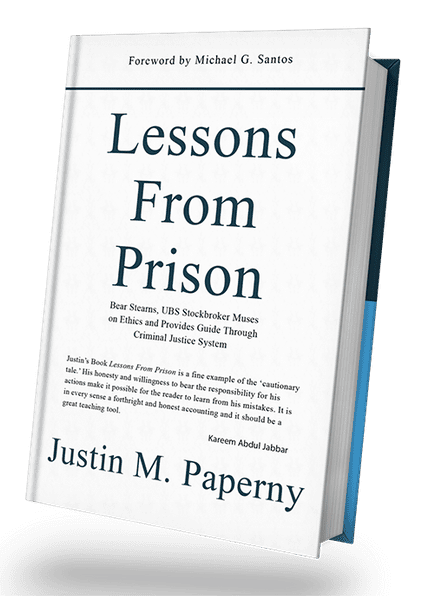Crafting the Right Message: Lessons From A Doctor's Federal Sentencing
In a recent YouTube video, I shared a sobering tale about a doctor’s federal sentencing hearing in Mississippi. He found himself facing a lengthy federal prison sentence yet expected federal probation. He reached out to me, questioning why his attempt at communicating with the judge had dramatically backfired.
Yes, he had paid back a substantial sum to Medicare, and yes, he highlighted his wife’s health issues. But amidst these mitigating factors, something crucial was missing: a genuine focus on the victims and his inability to recognize doctors are held to a higher standard.
Understanding Sentencing in White Collar Cases
It’s a common misconception among defendants in white-collar cases that writing a check to the court is sufficient. But as I emphasized in the video, actual progress and change must be documented and memorialized. It’s about more than words; it’s about actions and genuine remorse. Too many Judges have told us, “If it is not documented, it did not happen.”
How to Effectively Communicate with Federal Judges
I empathize with this doctor. He tried to right his wrongs, including pleading guilty and paying restitution. Simply going through the motions, however, isn’t enough. Judges must see evidence of growth, plans for making amends, and a focus on victims–even if victims have been paid back.
Insights from a Federal Sentencing Expert
Our team does not think he should go to federal prison. But it does not matter what we think. It is all about understanding stakeholders. In the end, Judges are responsible for considering all factors, including a defendant’s remorse and plans for rehabilitation, per the 3553 sentencing guideline factors.
Why do Judges send people to federal prison when they know the defendant will never return to another courtroom? Deterrence.
Navigating the Complexity of Federal Sentencing
This case underscores the importance of crafting a compelling narrative that showcases genuine remorse, a commitment to rehabilitation, and a clear understanding of the impact of one’s actions. It’s not about casting oneself as a victim but accepting responsibility and working towards meaningful change.
The Role of Remorse and Rehabilitation in Federal Criminal Proceedings
To go deeper into the consequences of ineffective messaging, watch a video I filmed about Jose Huizar, who received a 13-year federal prison sentence. In it, I walk through the pitfalls of his awful sentencing narrative, offering valuable insights for anyone willing to do the work to convey the right message to government stakeholders.
Crafting Messages for Federal Stakeholders
As we move forward, let’s remember it’s all about messaging. If defendants cannot convey the correct message, they should say nothing.
Questions to Consider:
- What evidence have you created since seeing “United States of America vs. [your name]” that proves you will never return to another courtroom?
- What assets have you created for stakeholders that seek to change the government’s version of events?
- If you are waiting to take action, stop and ask, “Why?”
- Do you know successful people who wait to prepare?
Best,
Justin Paperny

Already Sentenced? Use Our Calculator To Estimate Your Release Date


Contact Us
- 818-424-2220
- Support@whitecollaradvice.com
- 32565 Golden Lantern, Suite B1026 Dana Point, CA 92629


